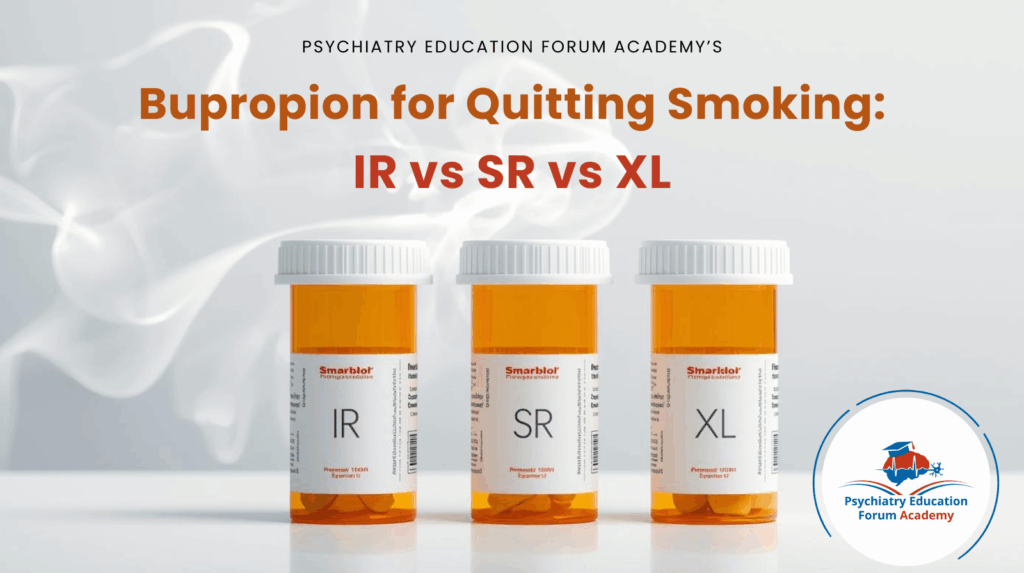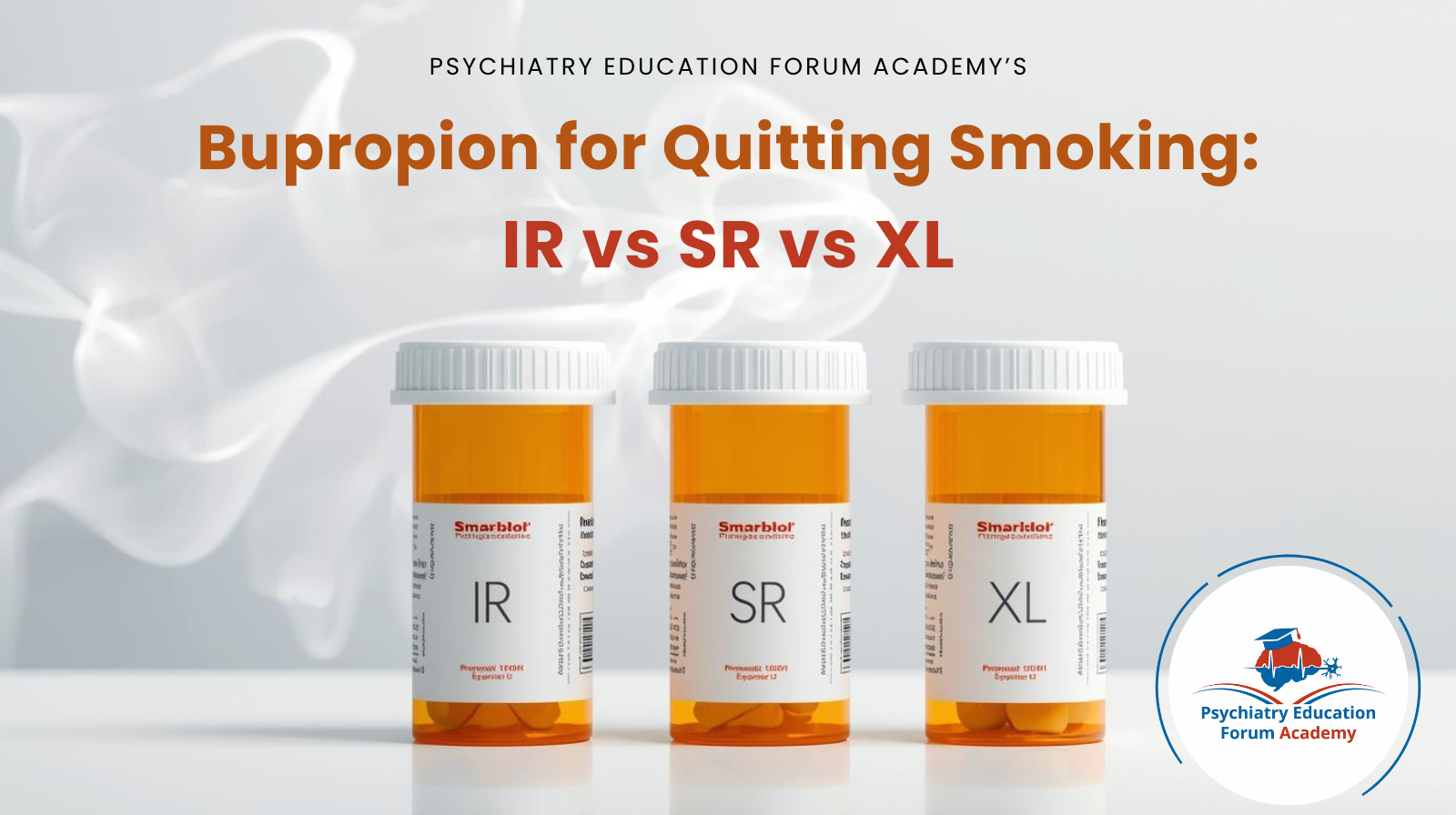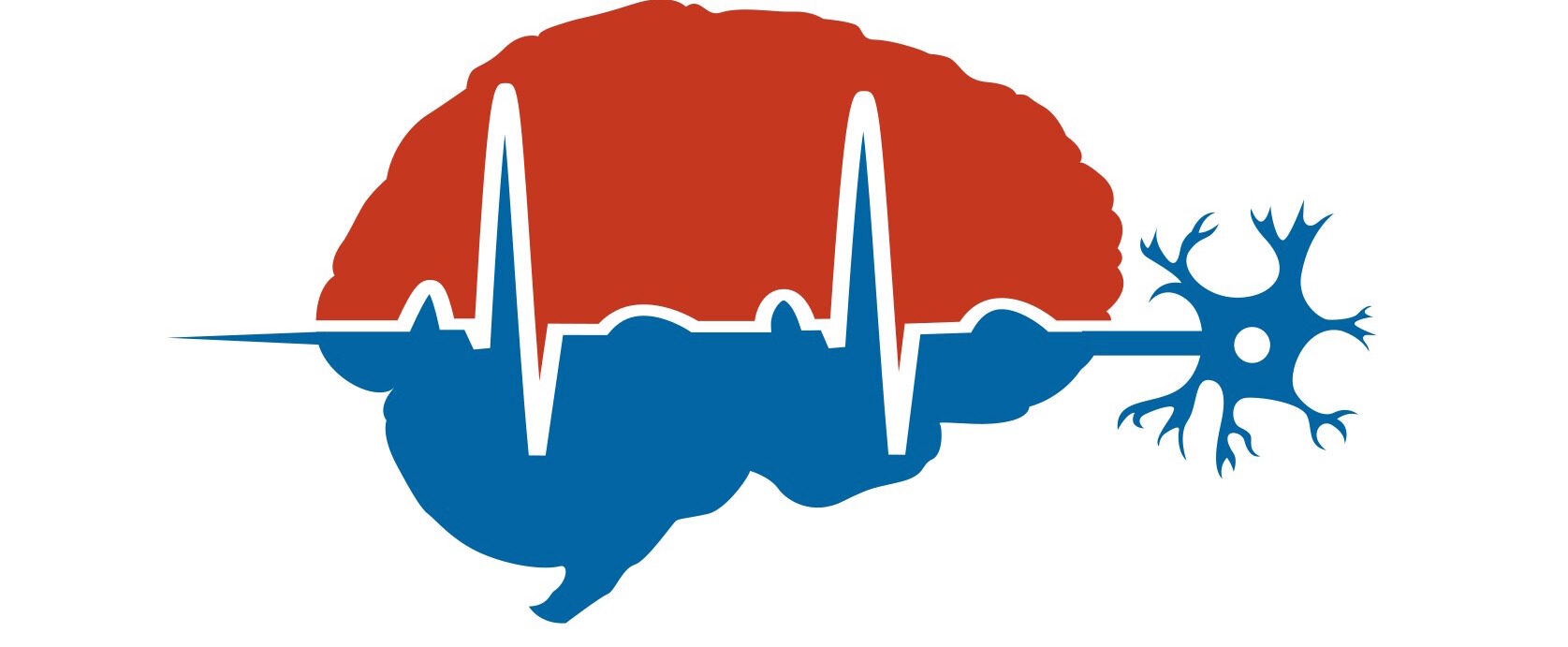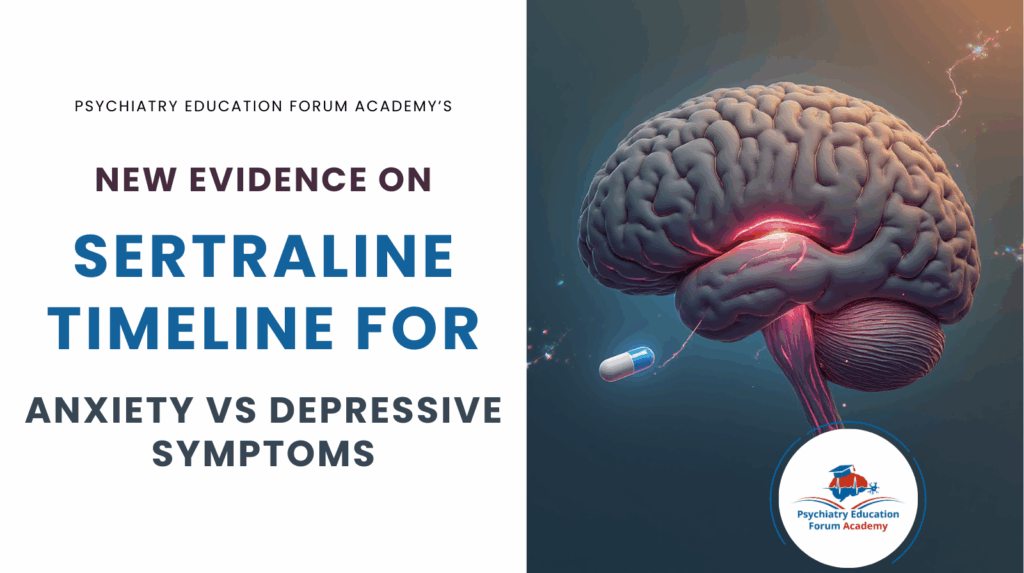Which Bupropion Formulation is Preferred for Smoking Cessation?


Quitting smoking is one of the most clinically meaningful steps a patient can take—but choosing the right medication can feel confusing. Wellbutrin® (bupropion) comes in multiple formulations, and many clinicians wonder which version is actually recommended for smoking cessation. Although all formulations contain bupropion, only one has been studied and approved specifically for tobacco-use treatment.
For smoking cessation, the recommended formulation is bupropion SR (sustained-release), marketed as Zyban®.
- The SR formulation provides steady plasma levels that reduce cravings, decrease withdrawal symptoms, and support quit attempts without the dosing peaks associated with immediate-release products.
- Backed by FDA approval and decades of clinical evidence, bupropion SR offers a well-defined dosing strategy, improves quit rates, and helps manage nicotine withdrawal—making it a first-line pharmacologic option for individuals preparing to quit smoking.
Why Bupropion SR? (Evidence Based)
Across multiple randomized trials, meta-analyses, and guideline reviews—including the ACC, JAMA, Cochrane, and NEJM—bupropion SR consistently demonstrates:
Higher quit rates than placebo
Comparable efficacy to nicotine patch
Less effective than varenicline, but with a favorable safety profile
Only the SR version has robust clinical data and FDA approval for cessation
Dosing Bupropion SR? (Practical Use)
150 mg once daily × 3 days
Then 150 mg twice daily
Start 1–2 weeks before the quit date
Continue for 3–6 months
- Efficacy: ~64% higher odds of sustained abstinence at 6 months vs placebo
Bupropion SR vs XL: Is Once-Daily Dosing Enough to Change Practice?
Recent comparative evidence shows that bupropion extended-release (XL) may perform similarly to bupropion sustained-release (SR). While XL offers once-daily dosing, it lacks the regulatory approval and robust evidence base that support SR in smoking cessation.
Key points:
Efficacy: XL may be therapeutically equivalent to SR in limited studies, particularly among cancer patients.
Safety: Adverse-event profiles appear similar across formulations in comparative trials.
Regulatory status: Only bupropion SR is FDA-approved for smoking cessation.
Evidence base: SR has substantially more randomized trials, meta-analyses, and guideline support.
Clinical use: XL can be considered for dosing convenience, but SR remains the preferred and guideline-recommended formulation.
Bupropion IR vs SR vs XL?
- SR: is the evidence-based formulation for smoking cessation (Zyban).
- XL: shows similar effectiveness in some real-world data, but lacks FDA approval for this indication.
- IR: is generally not recommended due to higher peak levels and side-effects.
📚 References
Barua RS, Rigotti NA, Benowitz NL, et al.
2018 ACC Expert Consensus Decision Pathway on Tobacco Cessation Treatment: A Report of the American College of Cardiology Task Force on Clinical Expert Consensus Documents.
Journal of the American College of Cardiology. 2018;72(25):3332–3365. doi:10.1016/j.jacc.2018.10.027.Rigotti NA, Kruse GR, Livingstone-Banks J, Hartmann-Boyce J.
Treatment of Tobacco Smoking: A Review.
JAMA. 2022;327(6):566–577. doi:10.1001/jama.2022.0395.Hajizadeh A, Howes S, Theodoulou A, et al.
Antidepressants for Smoking Cessation.
The Cochrane Database of Systematic Reviews. 2023;5:CD000031. doi:10.1002/14651858.CD000031.pub6.Selby P, Zawertailo L.
Tobacco Addiction.
The New England Journal of Medicine. 2022;387(4):345–354. doi:10.1056/NEJMcp2032393.Jorenby D.
Clinical Efficacy of Bupropion in the Management of Smoking Cessation.
Drugs. 2002;62(Suppl 2):25–35. doi:10.2165/00003495-200262002-00003.Robinson JD, Karam-Hage M, Kypriotakis G, et al.
Bupropion XL and SR Have Similar Effectiveness and Adverse Event Profiles When Used to Treat Smoking Among Patients at a Comprehensive Cancer Center.
The American Journal on Addictions. 2022;31(3):236–241. doi:10.1111/ajad.13282.National Comprehensive Cancer Network (NCCN).
Smoking Cessation.
Updated May 9, 2025.
DEEP DIVE FOR FOR ACADEMY MEMBERS:
ADDICTION PSYCHIATRY:
SUBSTANCE USE DISORDERS
-
Alcohol Use Disorder
- Medications for Alcohol Use Disorder Treatment
- Alcohol Withdrawal: Medications Comparison
- Alcohol withdrawal Protocol for Inpatient Setting
- Gabapentin Protocol for Alcohol Withdrawal Management
-
Opioid Use Disorder
- Medications for Opioid Use Disorder Treatment
- Naltrexone XR for Opioid Use Disorder
- Methadone Dosing: for Opioid Use Disorder & Pain Management
- Methadone: Drug Interactions
- Buprenorphine: Dosing & Drug Interactions
- Brixadi: FDA Approved First Long-Acting Buprenorphine for Opioid Use Disorder
-
Cannabis Use Disorder
- NAC for Cannabis Use Disorder
- Varenicline for cannabis use disorder
-
Nicotine Use Disorder
- Varenicline for Nicotine Use Disorder
- Buproprion SR for Nicotine Use Disorder
- Nortriptyline for Nicotine Use Disorder
-
False Positive Urine Drug Screens
- False Positive Urine Drug Screens
-
Methamphetamine Use Disorder
- Pharmacological Treatment Options
-
Designer Drugs
- Synthetic Stimulants vs Synthetic Cannabinoids vs Synthetic Hallucinogens
We continue to review and summarize clinically relevant research to support your daily practice.
INTERESTED IN ACCESS TO THIS & OTHER CLINICALLY RELEVANT LECTURE SERIES?
JOIN ACADEMY MEMBERSHIP:
This is a closed membership for medical professionals only.
- 400+ Clinically Relevant Chapters: Each chapter within these sections is of direct clinical relevance for your daily practice. (Table of Content)
- Journal Club: we will post the most recently published psychiatry articles relevant to your daily clinical practice. (Read Content)
- Clinical Case Discussion: Dr. Singh (Psychiatry) and Dr. Kaur (Family Medicine) discuss clinical cases to integrate the clinical cases from Psychiatry and Medicine. (Read Content)
- Monthly Insights: Gain access to our monthly sessions featuring the latest on recent publications, new medication approvals, FDA updates, and more. (Monthly Insights)
- Discussion Forum & Community: Connect with other medical professionals and discuss your difficult-to-treat clinical cases. (Academy Network)
- Goal: is to have all important clinically relevant topics in one place for ease of access.
DISCOUNTS AVAILABLE FOR: Residents & Students ONLY.
Email us your student information (program information and way to confirm your student status) to: [email protected]
© 2026 All Rights Reserved.








